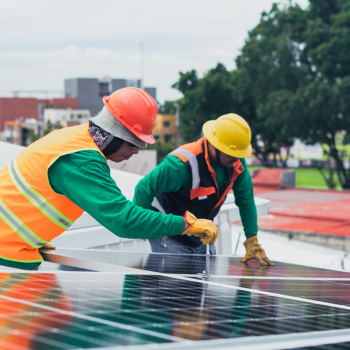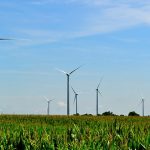Data science plays an increasing role in the fight against climate change. It can be used to help with everything from predicting supply and demand for clean energy systems to identifying which buildings to target for energy efficiency upgrades. As we use data science to develop innovative solutions to climate change, we should be careful not to replicate, or worsen, existing inequities – or create new ones.
The impacts of climate change, from extreme weather to debilitating drought, will hit harder in poor countries and communities least equipped to deal with the consequences. Unfortunately, many of the solutions we are developing are also inequitable. Poor households that still cook with coal and kerosene can’t afford solar roofs and energy-efficient appliances. Low-income parents juggling work and childcare have little time to spend at charging stations to charge electric vehicles and may not have a garage or driveway to charge them at home.
Read the full article at KD Nuggets.
This article was produced by Footnote in partnership with Stanford University.





